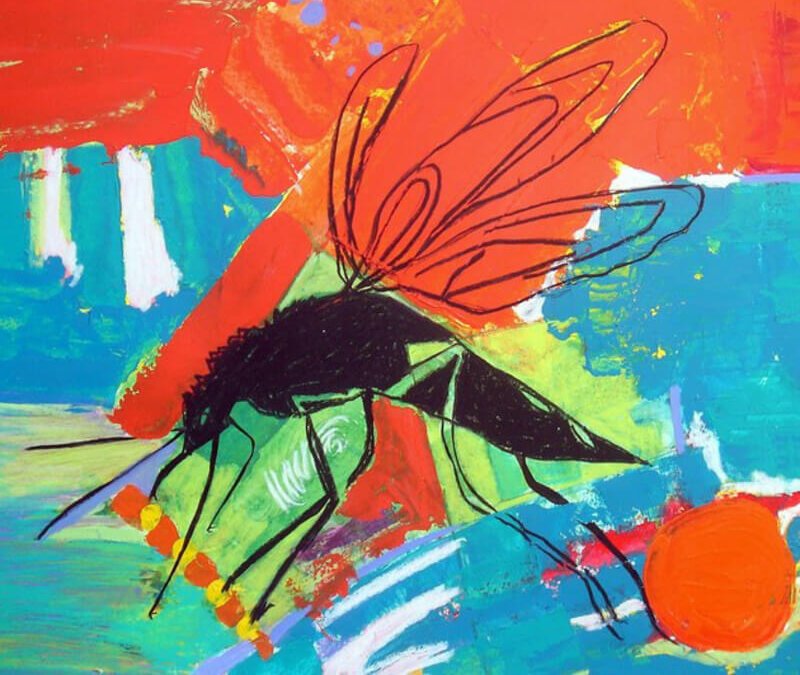With insecticide resistance increasing and climate change priming the environment for longer breeding seasons and a wider geographic range, the [Delta Mosquito and Vector Control District, or] DMVCD and state biologists are concerned the area might see a bug boom.
“Before, we haven’t really had the Ae. aegypti population,” says Crystal Grippin, the biologist and scientific program manager who coordinates surveillance of the insect at DMVCD. “Now we’re getting multiple locations with 10 female Ae. aegypti per trap.” (Only female mosquitoes draw blood; males consume nectar and fruit juice.)
Local abatement units like DMVCD and international companies alike are seeking new ways to combat the pests. The biotech company Oxitec has advanced one of the more novel—and controversial—approaches to curbing Ae. aegypti: releasing more Ae. aegypti. But theirs are no ordinary mosquitoes. These are non-biting males engineered to carry a time-bomb gene that passes on to offspring and kills females in the larval stage. “It is 100 percent fatal to female larvae carrying this gene,” says Rajeev Vaidyanathan, an entomologist and director of US programs at Oxitec. As the population drops, so does the risk of disease.































